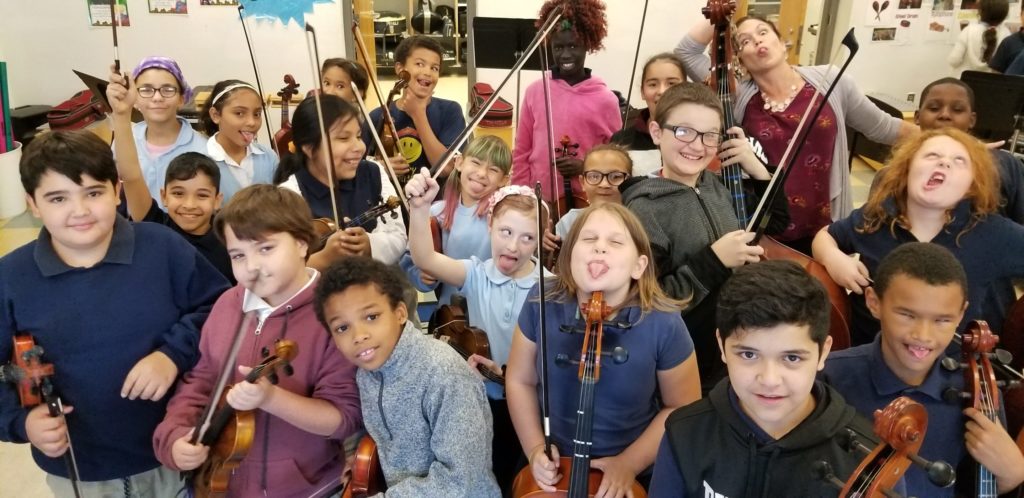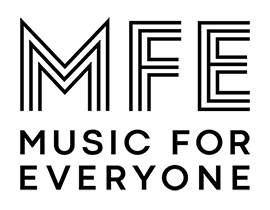The Campaign for #Bandwork

Consider this to be the start of a campaign to be recognize “Bandwork” as an “official” word and thus should be included in Merriam Webster’s Collegiate Dictionary. Why should we care whether bandwork becomes an “officially” recognized and included word in the dictionary? In a nutshell, it is about music education advocacy, specifically as it applies to school funding of music programs. As in advocacy for causes of any type, words and terms are vitally important tools in making a compelling case for support.
For too long, it has been the athletic community that has driven and shaped the dialogue regarding which activities are most effective in instilling in participants, the ability to collaborate and work together as a group. The result is that when educational priorities are established and funding decisions are made, the commonly accepted notion that team sports are unique in their ability to instill characteristics such as discipline, communication, personal and shared responsibility, persistence and sacrifice carries great weight and influence. But the fact is, team sports are no more effective at instilling such characteristics as is participation in music activities, groups and bands.
Why then is “teamwork” a recognized term and word, while bandwork does not even appear in the dictionary?
I have been on five-person basketball teams working together to achieve a common goal of winning a game. I have also been in a five-person band working together to achieve an agreed upon sound in preparation for a performance. In both cases, the lessons learned are identical. Yet, the music community has remained silent regarding the notion that sports are unique in their potential to teach such skills. By remaining silent, the music community has ceded that narrative to the sports’ “lobby”. Thus, it’s not surprising that when discussions regarding an activity’s potential to teach valuable communication and collaboration skills occur, all of the attention is focused on team sports’ potential to do so, while music’s potential to do the very same things is largely ignored.
It’s time to tell the other side of the story. And that starts with words and terminology. Words and terms matter. It is time that music advocates begin to recognize the potential of “branding” music in a way that more effectively describes its value as an educational tool. A good starting point would be to recognize, promote and actually begin using the term bandwork, which should be defined as “the cooperative effort by musicians to achieve an agreed upon sound.”
In short, at a time when competition for educational funding is becoming more intense, it is imperative for music education advocates to be more focused and strategic in promoting music’s ability to teach the types of skills necessary to succeed in the more collaborative workplace and culture of the future. Embracing, promoting and strategically using the term bandwork to describe the power and potential of music as an educational and personal development tool can be useful first step in redefining the debate about school funding for music.
Want to get involved? We’ll keep you posted! Sign up for our and join the “Campaign for Bandwork”.
Enter Your Email Below
Prev: MFE’s Statement on Racial Justice
